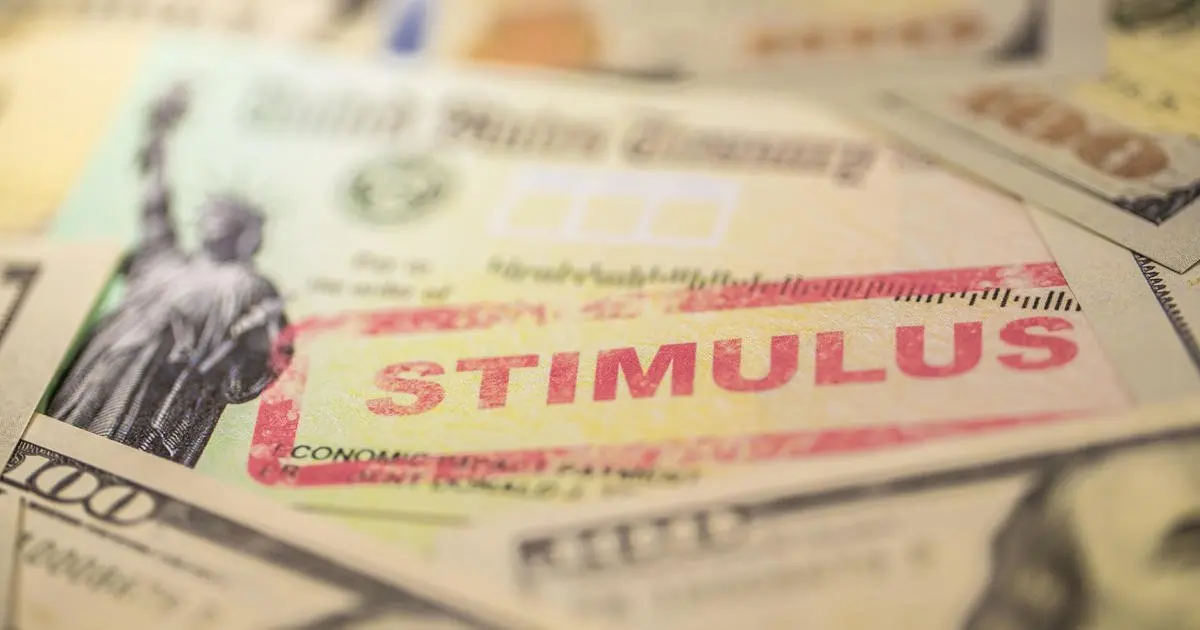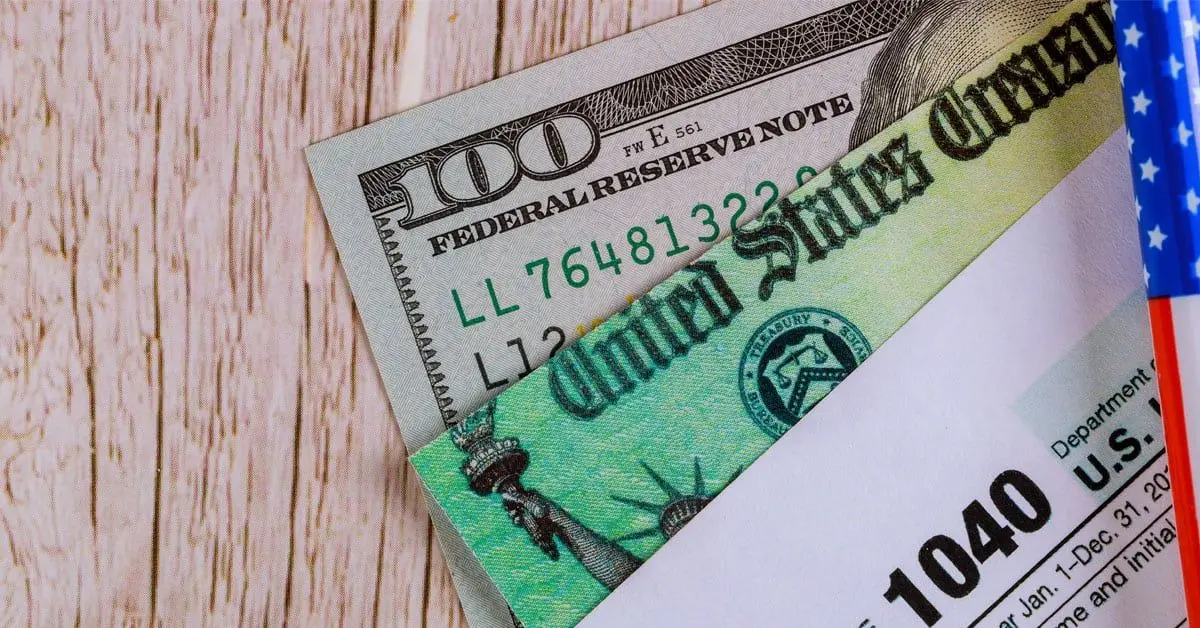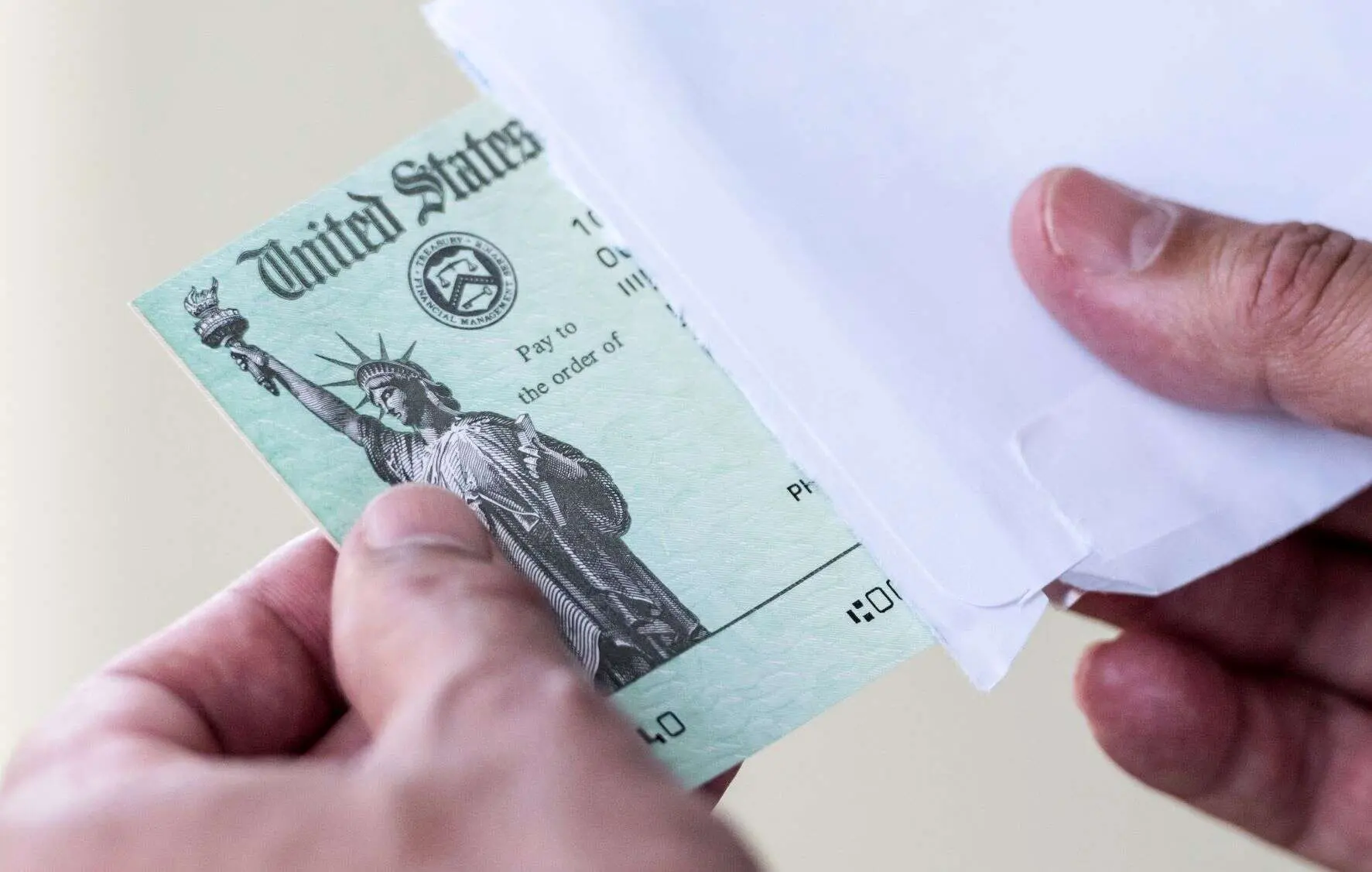
🧾 Are Stimulus Checks Taxable Income?
No — stimulus checks are not taxable. These payments were classified by the IRS as refundable tax credits, not income. That means they don’t increase your taxable income and won’t affect your eligibility for other federal benefits like unemployment or Social Security.
| Stimulus Round | Official Name | Year Sent | Taxable? | Source |
|---|---|---|---|---|
| First | CARES Act Payment | 2020 | ❌ No | Federal government |
| Second | Consolidated Appropriations Act | 2021 | ❌ No | Federal government |
| Third | American Rescue Plan | 2021 | ❌ No | Federal government |
✅ In short: You won’t owe taxes on these payments, and you don’t need to “pay them back.” However, you should report them accurately when filing your tax return, because they affect the Recovery Rebate Credit calculation.
💡 What Is the Recovery Rebate Credit?
The Recovery Rebate Credit (RRC) was created to help people who didn’t receive the full stimulus amount during the pandemic. If you didn’t get your check or got less than you were entitled to, you could claim the difference as a credit when filing your 2020 or 2021 tax return.
For example:
- If you received $1,000 instead of $1,200 for your first stimulus, you could claim the missing $200 as a tax credit.
- This credit directly increases your refund or reduces your tax owed.
👉 Pro tip: The IRS doesn’t automatically send missing payments — you must file a return and claim them yourself.
🧮 How Stimulus Checks Affect Your Tax Return
While the payments aren’t taxable, they still appear on your tax records to ensure you got the correct amount. If you received too little, your refund will be adjusted upward. If you received too much, you won’t have to pay it back.
| Scenario | IRS Treatment | Impact on Taxes |
|---|---|---|
| You received less than eligible | Claim the Recovery Rebate Credit | Increases refund |
| You received exact amount | No change | None |
| You received more than eligible | IRS won’t reclaim it | None |
| You didn’t file taxes in 2020/2021 | File late to claim missing payments | Possible refund boost |
In short, the stimulus checks were designed as tax credits in advance — a prepayment of your future refund, not income you owe taxes on.
💬 Will Stimulus Checks Affect State Taxes?
Most states followed the federal rule and did not tax stimulus checks. However, if you received state-level relief payments in 2022–2024, check your local tax laws. The IRS initially reviewed some of these payments to determine if they were federally taxable, but ultimately ruled that most were exempt.
Here are a few examples of how different states handled relief payments:
| State | Program Name | Federal Taxable? |
|---|---|---|
| California | Middle Class Tax Refund | ❌ No |
| New York | Energy Relief Credit | ❌ No |
| Illinois | Property Tax Rebate | ❌ No |
| Massachusetts | 62F Refund | ✅ Yes (in certain cases) |
✅ Always confirm with your state’s Department of Revenue or a certified tax preparer before filing.
📅 What to Do If You Missed a Payment
If you think you never received one or more stimulus checks, don’t panic — you can still claim them.
- File your 2020 and/or 2021 federal tax return, even if you normally don’t.
- Use Line 30 of Form 1040 or 1040-SR to claim the Recovery Rebate Credit.
- Keep IRS Notice 1444, 1444-B, or 1444-C as proof of previous payments.
- Track your refund status at IRS.gov/GetMyPayment.
✅ Final Thoughts
Your stimulus checks won’t increase your taxes, and they might even help you get a bigger refund if you were underpaid. As long as you file correctly and claim any missing funds, you’re fully protected. Always use verified IRS resources or a licensed tax professional when filing — and remember, stimulus money is meant to support you, not cost you. 💸





